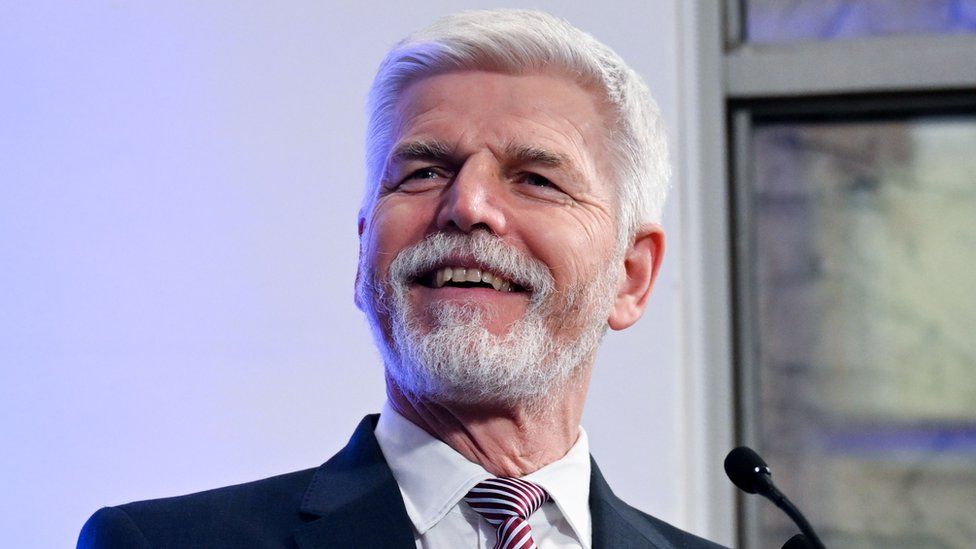Petr Pavel: Ex-general beats populist rival in Czech election

Petr Pavel, a retired NATO commander, defeated populist Andrej Babis to become the new president of the Czech Republic. According to preliminary data made available by the state statistic office, the 61-year-old received 57.6% of the vote.
Shortly after the results were released, Mr. Babis—who was prime minister from 2017 to 2021—admitted defeat in a speech to his supporters. The second term of Milos Zeman, who will be replaced by the ex-general, expires in March.
Mr. Babis and Mr. Pavel’s second-round runoff was presented as a conflict between populist oligarchy and liberal democracy. The results of the elections come after a divisive campaign marked by alleged threats to kill and false information.
Earlier this week, Mr. Pavel was compelled to use Twitter to refute rumours that he had passed away that had been spread via a phoney website and emails that were stored on a Yandex server in Russia.
Mr. Babis, who recently cancelled all of his remaining in-person campaign appearances out of concern for his safety after receiving an anonymous death threat, denounced the misinformation. After the results were made public on Saturday, Mr. Pavel stated that qualities like honesty, decency, respect, and humility had triumphed.
A deliberate echo of the cries of “Havel na Hrad” that filled the streets and squares of Czechoslovakia in November 1989, there were thunderous chanting of “Pavel na Hrad” (Pavel to the Castle). Indeed Mr Pavel, a firm advocate of Czech membership of Nato and the EU, has often invoked the spirit of Vaclav Havel.
And his victory will be interpreted as a confirmation of the nation’s growing Westernization.
Mr. Pavel has come out strongly in favour of more military assistance for Ukraine in its fight against Russian aggression and has favoured keeping the Czech Republic firmly rooted in the European Union and NATO.
In contrast, Mr. Babis was compelled to retract earlier this week after he implied that he would not uphold the nation’s duty to defend a fellow Nato member in the event of an assault.
Picture Courtesy: Google/images are subject to copyright
